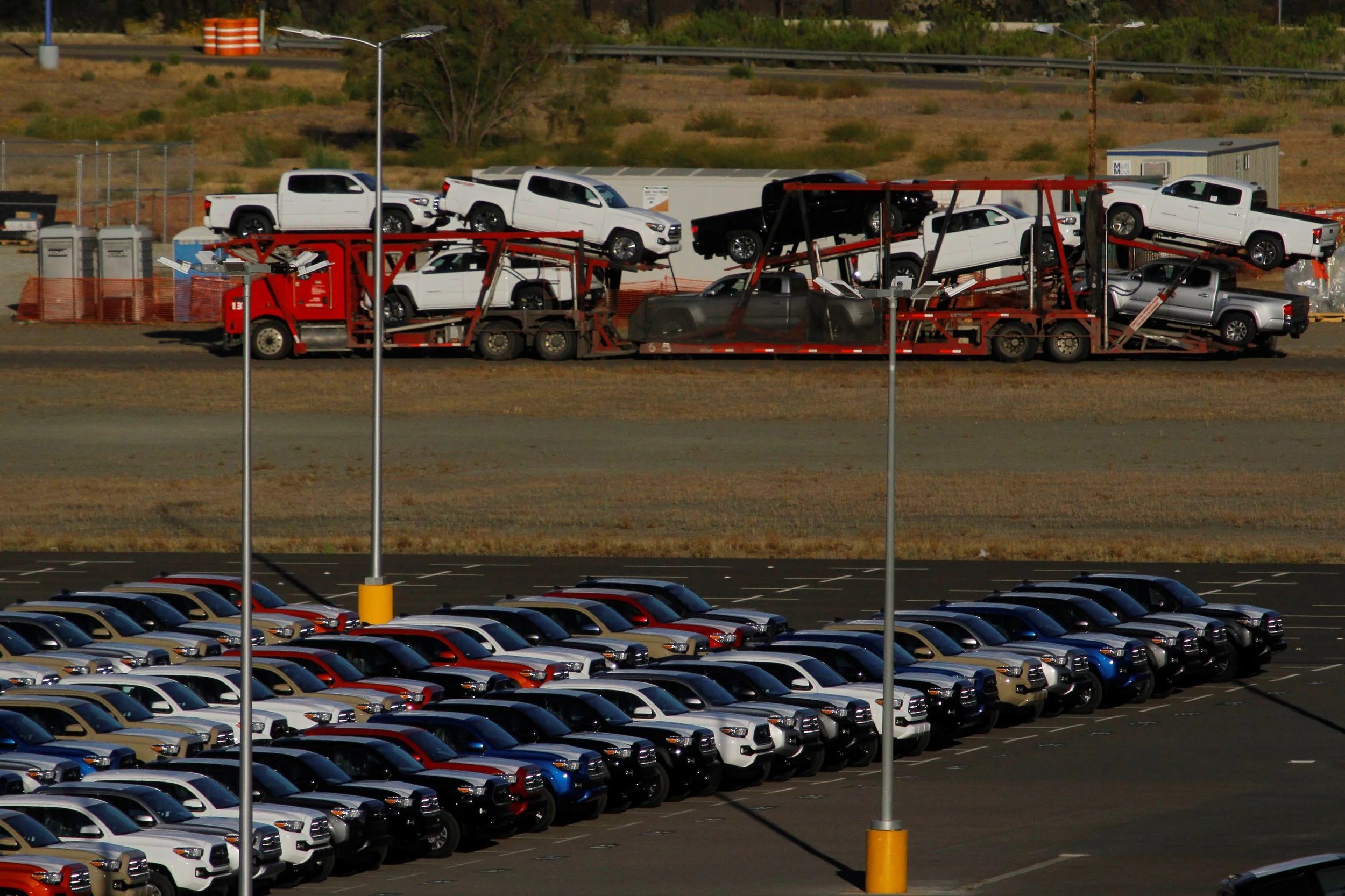The overlooked impact of Trump’s auto tariffs
by Luis Lozano.
Donald Trump is obsessed with imposing tariffs to vehicles made outside the United States, but I do not think he has a clear objective for it other than the protection of American jobs. Let’s assume that works. The issue here is if saving American manufacturing jobs will make American cars more appealing to the global markets. Put a different way: will reviving American automotive manufacturing guarantee that the US keeps up with technological changes being led by Asian brands? Unlikely…
The most important thing that the North American automotive business has experimented with in the last 40 years has been NAFTA. NAFTA created an environment of competitiveness that the US had lost with Lyndon B Johnson’s tariffs. Those tariffs disconnected the industry from other markets and needs, ironically hurting the competitiveness of the American brands. They resulted in the United States losing its ability to lead an industry which it invented for the world. It is impressive to see that the US government making the same mistakes today.
But what is the most important factor for a car company to stay competitive? My former colleagues would agree that it is a combination of things. A big budget for research and development is key. But so are design, engineering (efficient engines and platforms), logistics, competitive manufacturing costs, and a robust commercial channel (dealer network). It is the combination of these factors which creates the perfect environment to keep up with change. Mr. Trump is only focusing on one. That will hurt the American automotive business in the mid and long term. But it creates an opportunity for Canada and Mexico which is easy to miss under the pressure of tariffs.
Canada is already accompanying the US with tariffs to Chinese-made vehicles. Mexico could yet join its neighbors in doing so, too. But Mexico and Canada should not refrain from attracting technological capacity at the same time, with the promise of easing tariffs once the storm is gone.
Think about it. Almost ninety percent of the cars made in North America are consumed in the region. That’s thanks to the massive market of the US. But if we analyze this calmly, it means that North America has somehow isolated itself from other markets - including those where big changes are happening. Coupled with tariffs, this will have a noticeable impact on the mid- and long-term conditions of the automotive industry. Will North American potential customers ignore what they can see in other markets or the internet? Will American consumers settle for not being able to buy the latest and best?
Tariffs are hurting the supply chains and competitiveness of the region. They are also preventing North American-based companies from keeping up with, or even leading, the technological changes facing the industry. These changes are happening far away from North America in a rapidly evolving technological environment. This is the greater damage derived from Mr. Trump’s protectionist tariffs.
The tariffs that have been imposed on Chinese brands might protect North American industry for a while. But they will not protect it permanently. These tariffs could further damage the ability of the North American region to lead global automotive change or even keep up with it.
I remember Mr. Trump complaining to Angela Merkel, Germany’s Chancellor at the time, about American consumers purchasing BMWs, Porsches, Mercedes, Audis and VWs. He remarked that few Germans were purchasing Chevrolets or Fords. This exchange revealed a huge misconception on his part about how customer preferences work. Put simply, the free market allows customers to buy what they prefer based on their needs and purchasing power.
The Trump administration’s policies risk pampering American brands, once icons of innovation, into reliance on traditional technologies and manufacturing methods. The key question is will future customers around the world prefer the coddled version of these once bold brands?
It’s enough to make one wonder whether we are seeing the end of traditional American brands as global brands, and if everyone will instead revert to their own region. We all know globalism is fading. But how can we maintain the benefits of globalism vis-à-vis competition and innovation in a new regional order?
It strikes me that this is the less visible, but more important, effect of tariffs for the innovators of the automotive industry.
Editor’s Note: Mr. Lozano is the former President of Toyota Motor Corporation in Mexico, and currently acts as an Executive Consultant for the company.


